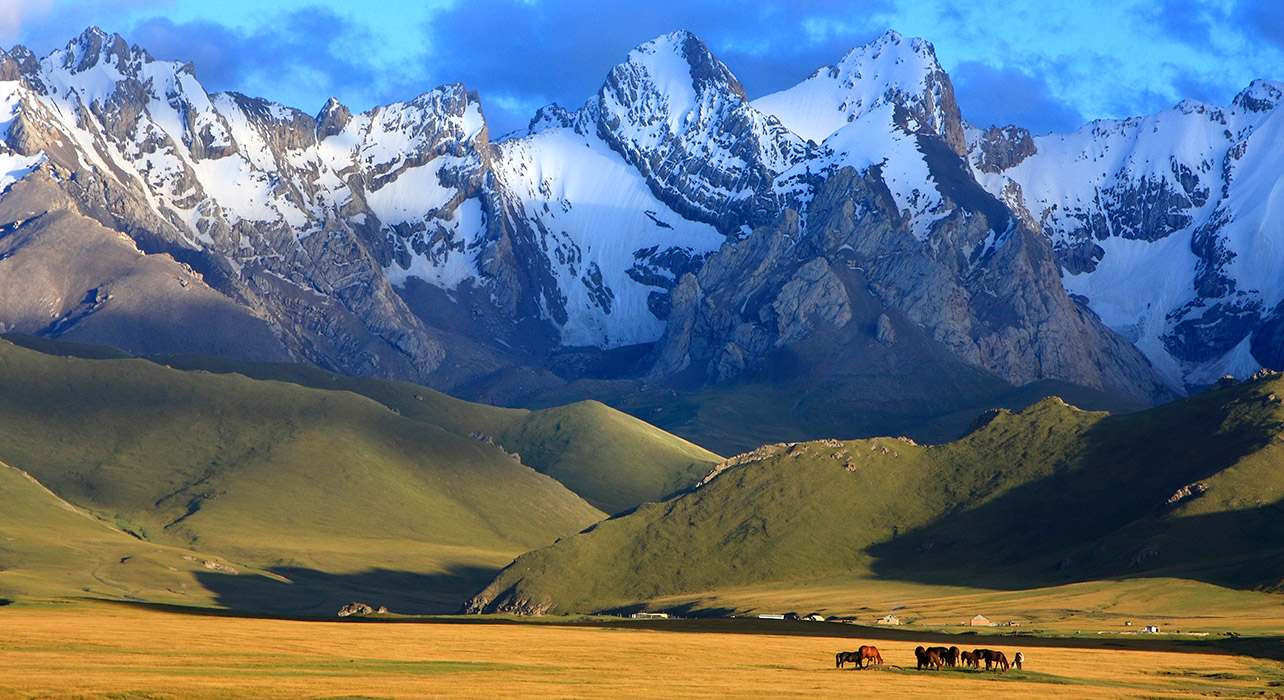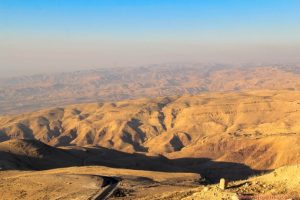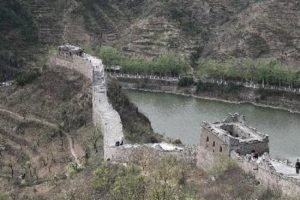
The so-called invention of agriculture is considered by many to be the beginning of civilization. Recent reports and articles about the threat of modern agriculture have accumulated in my files in the past few months. They weigh heavily. We are barely into the new year so I have been reluctant to write about the the future collision of the number of humans who need food and the number of acres of land on our planet that can produce food.The global population is expected to increase by 38%, from 6.9 billion in 2010 to 9.6 billion in 2050. Of course, many factors could intervene to prevent such an extraordinary increase; still how to feed even half such an increase is the stuff of bad dreams when combined with the decrease in arable land.
A UN study has found a worldwide decline of 20% in cropland, 16% in forest land, 19% in grassland and 27% in rangeland. In addition, the UN reports that over 1.3 billion people, suffer on land that is degrading under their feet and they are seeking refuge in cities, losing their cultural identities and depending on the production of their evening meal by ‘others’. link
After a frustrating winter of wind and punishing weather, I have more insight into this move from rural to urban. A pay packet at the end of the day might not seem so bad, even if earned in some horrible factory or mine–or any source of income to avoid the vagaries of growing food.
When families move off their farms, big agriculture moves in. In a perfect world, large, well-funded farmers would work to increase organic matter in the soil, conserve water, build terraces, plant cover crops and rotate plantings. It’s not a perfect world sadly.
George Monbiot writes in the Guardian that that we are “flogging the land to death” and that coupled with increase in population mass starvation in inevitable. He writes that, based on the above-cited UN projections, the world has perhaps 60 years of harvests left. link
Critics of agriculture write longingly of the more stable lives led by hunter-gatherers.  One such critic welcomes a population decline. The aserbic and controversial John Zerzan, an anarchist and primitivist philosopher, is a hater not only of agriculture, but all technology. It is hard to disagree with Zerzan and other anti-agriculturists since where agriculture has been practiced, intensely lush and beautiful land has turned into rocky, dry terrain. link
One such critic welcomes a population decline. The aserbic and controversial John Zerzan, an anarchist and primitivist philosopher, is a hater not only of agriculture, but all technology. It is hard to disagree with Zerzan and other anti-agriculturists since where agriculture has been practiced, intensely lush and beautiful land has turned into rocky, dry terrain. link
J. Russell Smith writes compellingly of erosion. For example, in China, “The slope below the Great Wall was cut with gullies, some of which were fifty feet deep. As far as the eye could see were gullies, gullies, gullies — a gashed and gutted countryside… Hence, the whole valley, once good farm land, ha d become a desert of sand and gravel, alternately wet and dry, always fruitless. It was even more worthless than the hills. Its sole harvest now is dust, picked up by the bitter winds of winter that rip across its dry surface in this land of rainy summers and dry winters.” link
d become a desert of sand and gravel, alternately wet and dry, always fruitless. It was even more worthless than the hills. Its sole harvest now is dust, picked up by the bitter winds of winter that rip across its dry surface in this land of rainy summers and dry winters.” link
The Middle East, North Africa, the Mediterranean basin, much of the American Southeast, my own Hill Country are just a few other examples of soil erosion and the devastation of plants and animals and whole civilizations that follow. Plato complained bitterly that the deforestation of Greece turned Attica into “a skeleton wasted by disease.”
My moral concerns are shared; mostly by writers dismissed as cranks and extremists by big agriculture. Animal rights activist James Serpell believes the more we attempt to increase the production of food, the more havoc we will wreak. If the beaks are cut off chickens so they can be crowded into tighter cages, and pigs have their teeth and tails removed to prevent fighting in their pens, so be it. It is some trouble to find humanely raised animals and it is expensive to raise or to find food grown where the land is nurtured and not drenched in chemicals. Civilization costs a lot.
Anti-agriculturists claim that a disconnect was created 10,000 years ago when huge farms were created to support cities. How do we reconnect. How do we care.